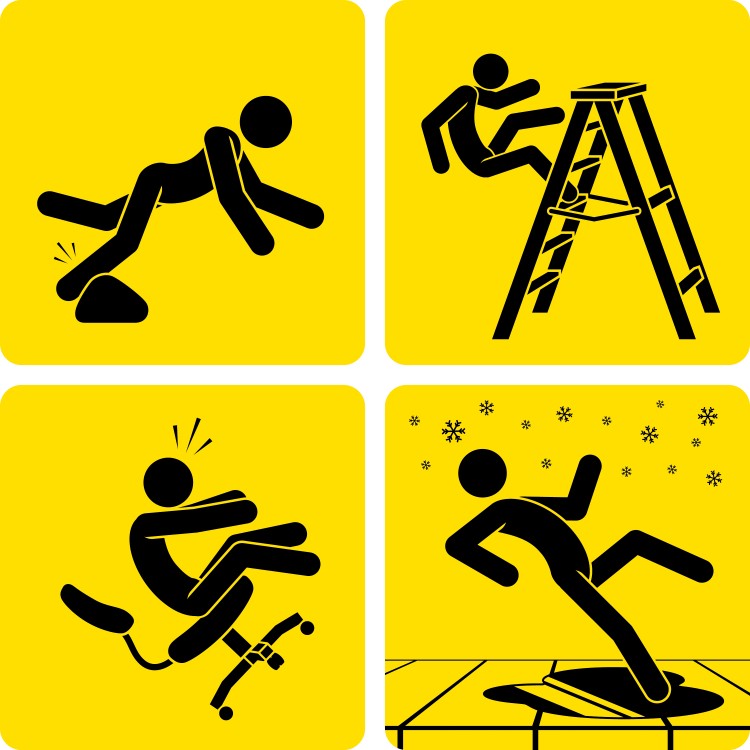
In our experience as workplace solicitors, we see and hear of many people who claim compensation for a workplace injuries and end up settling for an amount that does not fully compensate them for the suffering they experience. In our view this is just wrong.
While many workplace injuries are the result of a fall, trip, slip or being struck with a falling object, there are other types of injury that only emerge over time.
Industrial deafness, repetitive strain injury and stress-related mental illness are all caused after repeated and long term exposure. These cases do not have a specific start date but will only get worse over time if the stressor or damaging factor is not removed. Read more on Workplace injury compensation claim Ireland
Being injured in the workplace may not be the direct result of an accident. There are many occupational injuries which are acquired through performing the same action repetitively (i.e. RSI), inhaling hazardous substances (e.g. mesothelioma) or being placed under too much stress (e.g. coronary disease). All of these scenarios are examples of injuries which can be acquired during the course of your employment, and you are equally entitled to claim “Injured in Workplace” compensation when your employer has failed to protect you from being injured in a workplace.
A work-related accident compensation claim can result from any of these factors, and whenever you suffer an accident at the workplace, your primary concern should be that of your health. Many companies will have first aid provisions on site or, where your accident is of a serious nature, will call an ambulance to attend you. Whatever injuries you sustain, and no matter how slight you believe them to be, your work-related accident compensation claim needs to be supported by your medical records and the relevant entry in your employer?s “Accident Report Book”. So it is always in your best interests to seek a precautionary medical examination before making a work-related accident compensation claim.
A claim for workplace injury compensation is initially made through the Injuries Board Ireland. However, before you begin the process it is a good idea to ensure that your employer is going to admit liability for your injuries, for if he fails to do so the Injuries Board will be unable to process your claim. Your claim for workplace injury compensation should also factor in “special” damages to compensate for any out-of-pocket expenses you may have already experienced and any potential loss of earnings.
If you have been injured in a workplace accident, you may be entitled to make a workplace accident compensation claim. Where the accident was not entirely you fault, and there is an element of liability on your employer, he may have failed to fulfil his obligations under the Safety, Health and Welfare at Work Act to provide a safe working environment for you.
Whether this accident is caused by an inadequately serviced piece of machinery, a trip on a poorly maintained floor surface, the lack of appropriate training or through an error caused by fatigue, your injuries may be due to a lack of care by your employer. He has a responsibility to protect his workforce from these occurrences, and where you suffer an injury through any areas of negligence, you can make a workplace accident compensation claim.
Whatever type of injury you sustain, your primary concern should be that of your health. In the event of a serious injury, it would be obvious that an ambulance would be called or somebody would escort you to the accident and emergency department of your local hospital. But when your wrists start to ache after a day?s work or you cannot hear your children as clearly as you used to, it may be down to carpal tunnel syndrome or an aural threshold shift rather than old age, and it is advised to see a doctor as soon as possible.